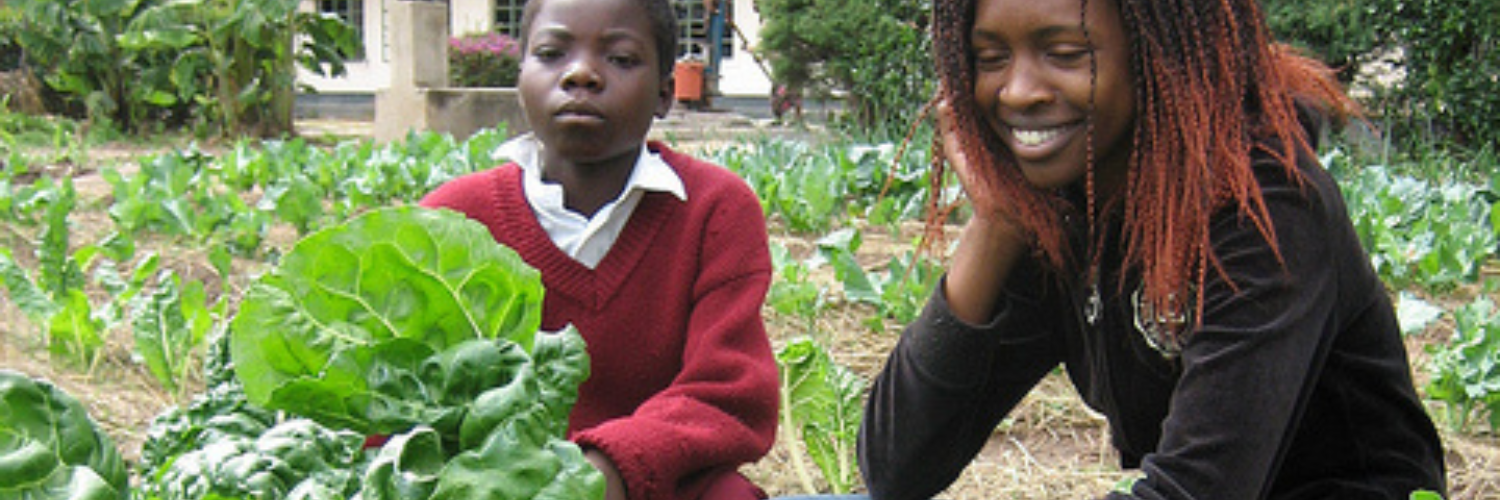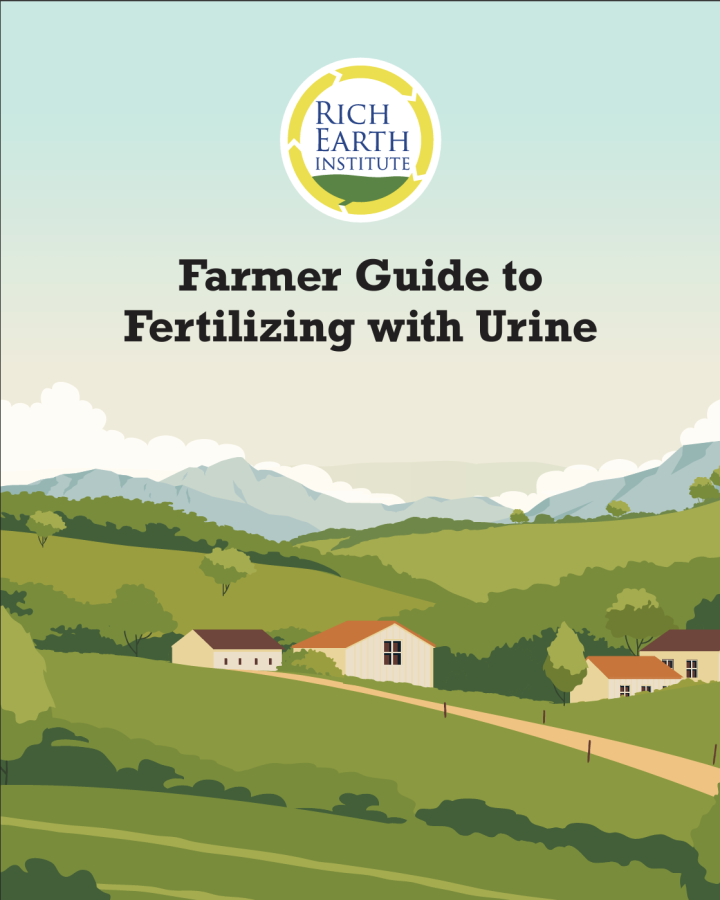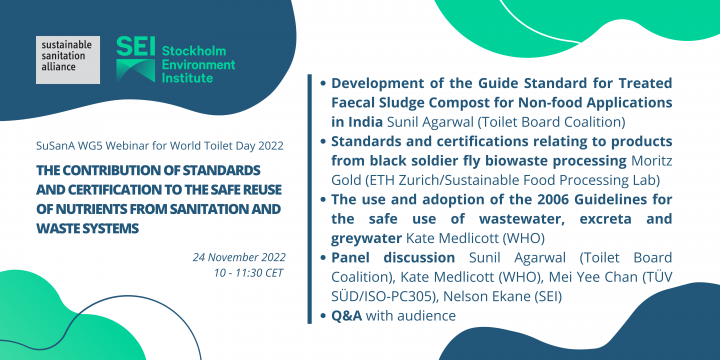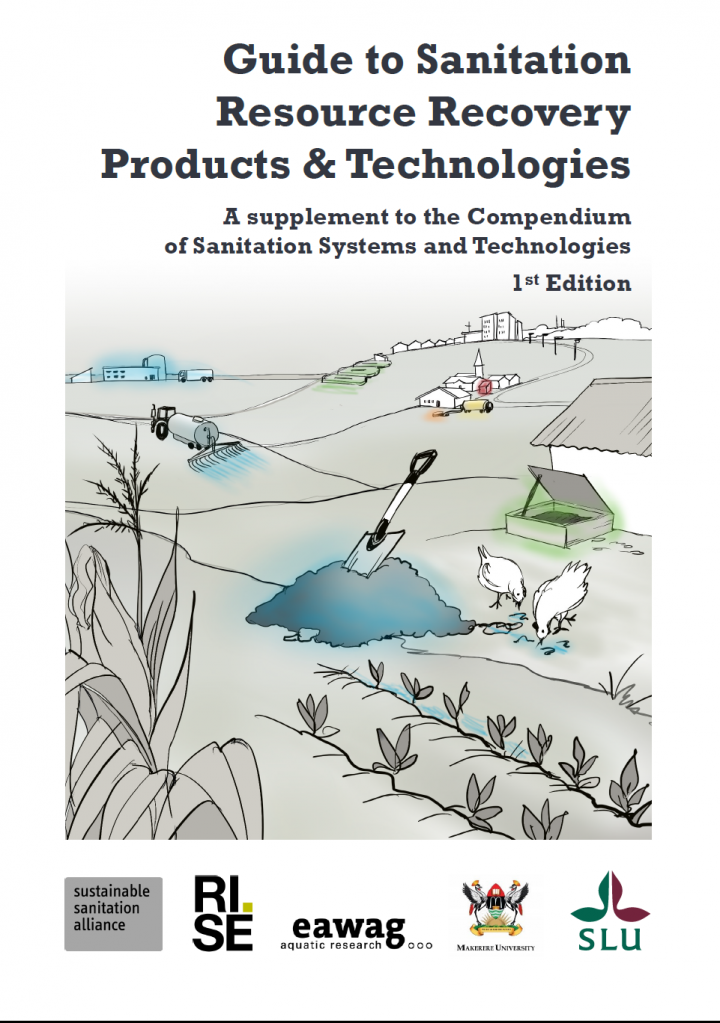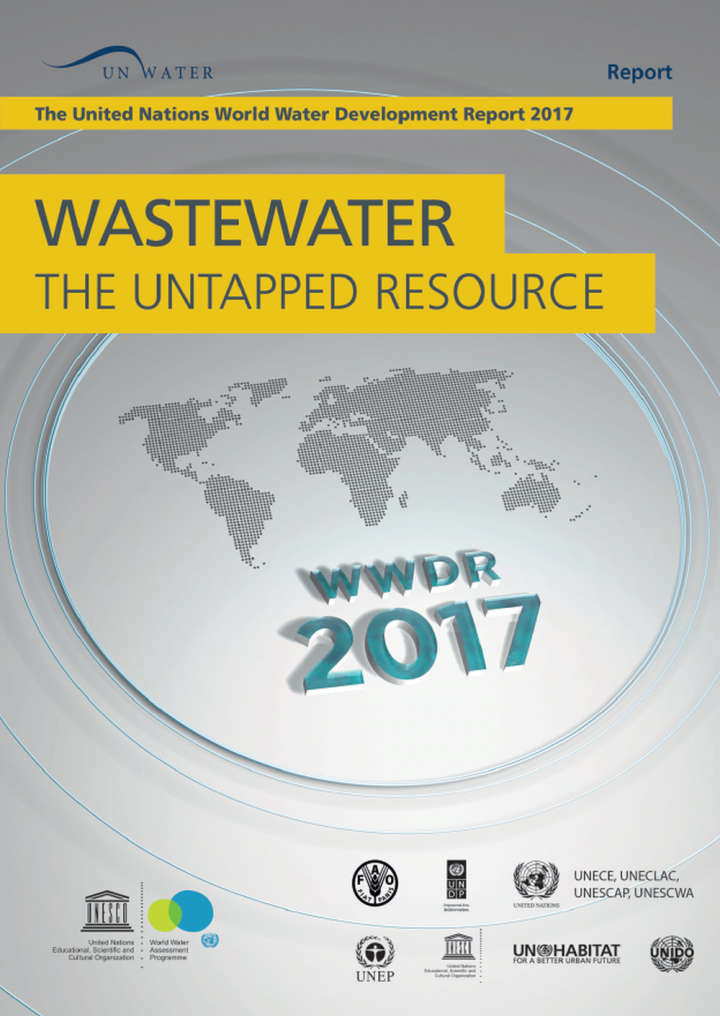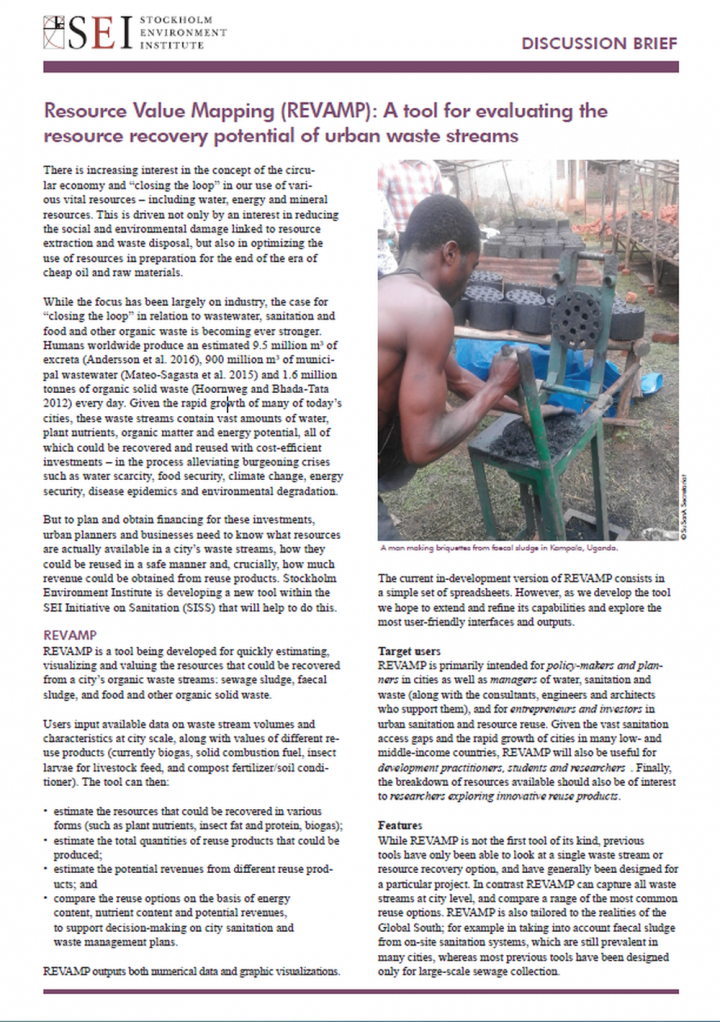This working group aims to raise awareness for the reuse-oriented sustainable sanitation approach, its prospective contribution to global food security and to promote this approach on a large scale.
Background
The concept of food security has been perceived by many as one of the fundamental rights of human beings. Unfortunately, the prevailing reality on the ground has foiled this international claim gravely. The FAO estimated in 2006 that 854 million people worldwide are chronically hungry due to extreme poverty and about 2 billion people lack food security intermittently due to varying degrees of poverty.
Considering the rising food and fertiliser prices, the increasingly limited global fertiliser and water resources and the continuous growth of the world population, the problem of food insecurity is likely to worsen in the coming decades.
A large proportion of the population growth will take place in urban areas resulting in a substantial increase in the volume of urban wastewater and a significant increase in urban food demand. Facing the huge number of people to be fed and the existing natural limitations on earth, it appears reasonable and inevitable to approach the food security issue from a perspective of resource preservation and recovery.
A paradigm shift in sanitation towards a recycling-oriented approach is highly advisable to bring the limited nutrient resources back to the agricultural fields. This requires a renewed alliance between the agricultural and sanitation sectors, stressing resource recovery as a key requirement for sustainable sanitation concepts.
Objectives
- This working group aims to raise awareness for the reuse-oriented sustainable sanitation approach, its prospective contribution to global food security and to promote this approach on a large scale.
- The group aims at bringing together all relevant organisations with global competence in agriculture (e.g. soil fertility, irrigation), sustainable sanitation and neighbouring disciplines, which are not yet fully involved in the sanitation discussions.
This will help to convey the sustainable sanitation approach to new groups and stakeholders.
Activities
The main deliverables of the group are a factsheet (Productive sanitation and the link to food security), flanked by a collection of case studies and a guide for farmers.
Abe Noe-Hays, Julia Cavicchi, Gretchen Saveson, Tatiana Schreiber, Arthur Davis, Cory Howley (2024)
Farmer Guide to Fertilizing with Urine
The Rich Earth Institute's Farmer Guide to Fertilizing with Urine provides farmers with practical insights into reclaiming human urine as a nutrient-rich fertilizer. It joins Rich Earth’s guides to community and home garden urine recycling, offering resources to practitioners at different scales. The guide is rooted in Rich Earth’s […]
SuSanA (2022)
WG5 Webinar: The contribution of standards and certification to the safe reuse of nutrients from sanitation and waste systems
To commemorate World Toilet Day 2022, the SuSanA Working Group on productive sanitation and food security (WG5) and the Stockholm Environment Institute (SEI), along with partners, organised a webinar about the role of standards and certification systems in the safe reuse of nutrients from sanitation systems. Moderated by WG5 Lead […]
McConville, J., Niwagaba, C., Nordin, A., Ahlström, M., Namboozo, V. and Kiffe, M. (2020)
Guide to Sanitation Resource Recovery Products & Technologies
A supplement to the Compendium of Sanitation Systems and Technologies
The aim of this document is to provide an overview of the possibilities for resource recovery from sanitation and provide guidance on treatment processes to achieve safe products for reuse. The focus of this document is on resource recovery from the organic wastes managed in sanitation systems and, to a […]
UNESCO (2017)
WASTEWATER
The Untapped Ressource
The 2017 edition of the United Nations World Water Development Report (WWDR) explores the issue of wastewater and its potential as a sustainable resource. However, the findings show how much work has to be done: “Worldwide, the vast majority of wastewater is neither collected nor treated. Furthermore, wastewater collection […]
Ddiba, D. I. W., Andersson, K., Rosemarin, A. (2016)
Resource Value Mapping (REVAMP): A tool for evaluating the resource recovery potential of urban waste streams
This discussion brief introduces a new tool being developed in the SEI Initiative on Sustainable Sanitation.
There is increasing interest in the concept of the circular economy and “closing the loop” in our use of various vital resources – including water, energy and mineral resources. This is driven not only by […]
Working Group Leads
